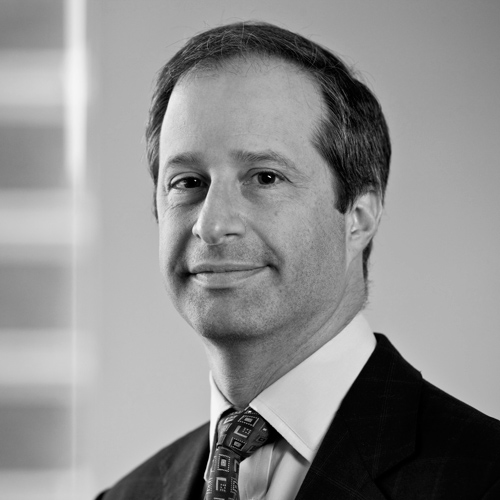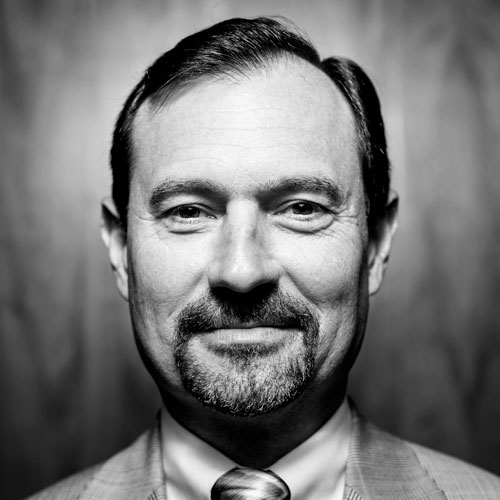Even as a young kid, I was always interested in finance. I’m one of five children, so our parents always encouraged us to have our own money and jobs, and we had to do jobs at home to earn an allowance—washing cars and shining my dad’s shoes. I opened up a checking account when I was twelve, and with any cash I had, I would save the bills and only spend the change.
As I got older, I used to ski competitively. So every year, I needed new skis, and I would go on training trips. My parents decided that I would always have to pay for half of everything, so I always had to have jobs to pay my half.
My first real finance job was at IBM after I graduated with my MBA from Cornell. I worked as a cost accountant, and I grew to love cost accounting because of the connection between numbers and the business.
I like to say I’m an “out and about” finance person. I was responsible for costing a couple of the chips in a process-costing system. Every couple of months I went into the clean rooms to perform inventory and stayed on the floor to learn all I could. This role really set the foundation for my interest in operational finance, knowing that there is an operation behind the numbers.

Since IBM, I’ve been at quite a few companies in different industries. I like going into companies when there is some kind of traumatic event and they need someone to make changes. So after leaving a job at Holcim, I sought the counsel of mentors, friends, and family to decide on my next move. They looked at me and said, “If you like to do that, that’s what consultants do every day.” So starting my own consultancy was a way for me to tackle new issues in different environments and have an impact. I really enjoyed it; it helped me develop my interpersonal skills, especially across dispersed teams.
In the end, the problem with consulting is that you have no ownership or accountability. I was feeling I needed to move back into what I call an “inside job.” Stefanini was right in my wheelhouse because it was in a huge state of change. The company had recently been acquired and taken private by a Brazilian entrepreneur and was in need of leadership to define and lead the way forward.
The CEO was also Brazilian. The company came from a completely different perspective than in the US—it was doing cash accounting, and it wasn’t doing any accrual accounting. The CFO and her direct reports left after the acquisition, so the remaining staff craved a strong leader to stand up to the demands of the new owner and define a vision for the way forward. It was perfect for me. I have courage. Marco Stefanini did not want us to do accrual-based accounting, and I had to basically tell him, “Yes, you do.”
The international aspect was a huge attraction for me. I’ve always loved working cross-culturally and learning about the way business works, and the ways cultures and people are in different countries.
At Stefanini, we operate in about thirty countries—thirty separate legal entities. Stefanini also acquired a couple other companies (around the same time it was bought), and we had forty-six different banks, so it was very confusing. When we were trying to do a cash flow, we couldn’t see and didn’t know where the cash went. So we implemented a common platform on Bank of America that I manage with the treasurer right from here, across the world. We also moved all of our accounting to Romania, so we not only save money, but we run faster. “Faster, better, cheaper” is my mantra.
I’m pretty good at setting a vision and then setting the priorities along that path. I’m very action- and goal-oriented. I’m demanding but fair. People know where I stand. You’ll know if I’m angry or upset about something, and you’ll know if I’m happy. I would say I’m a calculated risk taker.
I’m an open person, so I encourage people to come forward with ideas and I’ll help them scope it out financially. A lot of people are afraid of the numbers. I believe in educating people in what the levers are so they can pull in their areas that will have a favorable impact on the financial results.
My philosophy is about the broad visibility finance has to all the areas of a business, and the impact finance can have on influencing behaviors and performance. The way I look at it is that numbers are the common denominator across all areas of business.

